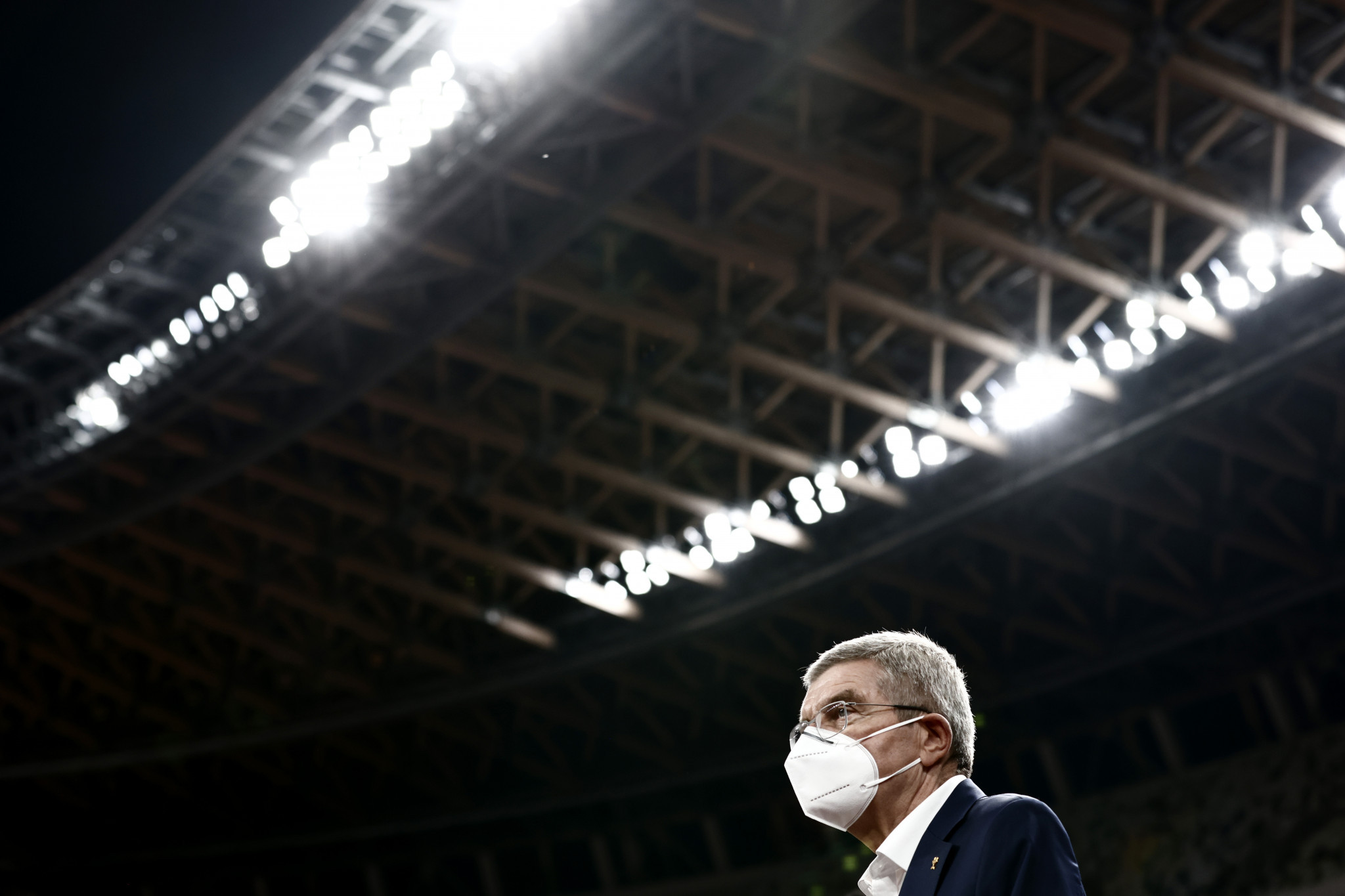Like the great white shark in Jaws 2 or Bridget Jones in The Edge of Reason, Olympic Agenda 2020 is back - and this time it's, well, repetitive and mildly perplexing.
Why has Thomas Bach's International Olympic Committee (IOC) done this?
I suppose it is a way of doubling down on the alleged significance of the original programme - a significance which, so far as I can see, few outside the bubble really accept.
There might also be a sense that all grown-up organisations need a strategic roadmap; we can thank the management consultants and public relations industry for that.
Perhaps also this is part of Bach's quest for a legacy: the proposed timeframe now runs until 2025, i.e the end of the German's second term as IOC President.
I also wonder if the resuscitated roadmap isn't more of a security blanket, a way of trying to kid yourself and others that you are more in control than you actually are.
Closer to reality, I fancy, is that the IOC has since about 2014 been buffeted from pillar to post as much as the rest of us by the increasingly surreal, many would say unhinged, turn of world events.
Be that as it may, even indifferent movie scripts have comment-worthy moments. I thought it might be worth me trying to pinpoint some of those secreted in the 37-page Olympic Agenda 2020 + 5 document that was published on Monday (February 15).
1. Gaming
I suppose just as the Olympic Channel was the stand-out feature of Olympic Agenda 2020, the section on gaming may be the main takeaway from the new document.
The thrust is, I think, broadly unchanged, in particular the differentiation between virtual sport (some of which involves the expenditure of actual physical effort and some of which doesn't) and video gaming, which can draw inspiration from just about any sphere of life.
Like it or not, this virtual space is a potential route to the continued relevance of the Olympic Movement among the young.
It would be a surprise if a "physical virtual" event did not make it onto the Olympic programme sooner rather than later - indeed, the increased focus on money-making that is likely to follow this era of heavy COVID-19-related disruption may well accelerate this process.
Having said that, what most jumped out at me from this part of the new document was one solitary, if very large, number: $159 billion (£114 billion/€131 billion); this being the estimated value of the gaming industry in 2020.
My estimate is that the Olympic Games, Winter and Summer, now generate somewhere between $10 billion (£7.2 billion/€8.3 billion) and $15 billion (£10.8 billion/€12.4 billion) of revenue every four years.
This mismatch of scale leads me to think that, even with its unrivalled political clout, if the IOC seeks to make a partner of the gaming sector - as it must - it is unlikely to have things all its own way.
Oh and really, whoever coined the hybrid "phygital" needs to take a long, hard look at themselves.
It is also interesting - again in light of the probable post-COVID emphasis on cash generation - to see "Olympic-related gaming" included in a list of possible means of diversifying revenue sources.
This would of course be taking a leaf out of FIFA's book; I have written before that licensing rights may turn out to have been the biggest single revenue source for the world football body in 2020.
2. Hospitality
This field warrants a number of mentions in a relatively sparse document, from which I infer that reform of Games-related hospitality programmes is very much in the offing.
It looks indeed as though hospitality is destined to be the next sphere of Olympic operations to be made subject to a more centralised approach.
Tokyo 2020, it might be noted, now looks set to be an event at which delivering hospitality, whether centralised or not, is a particular challenge.
3. Development Banks
Establishing partnerships with regional development banks to boost investment in sports infrastructure seems like a straightforward but good idea.
The IOC, moreover, looks well-placed to get results thanks to the presence of individuals such as Colombia's Luís Alberto Moreno, ex-President of the Inter-American Development Bank, among its members.
4. Olympic qualifying
Olympic qualification is another area that has been in the spotlight owing to COVID issues, and the new document includes a couple of intriguing ideas.
One is attempting to lift the profile of qualifying competitions through increased authorisation of Olympic branding; the other is staging multi-sports qualifying events, grouping, say, urban sports or combat sports together.
I suspect this might get political, with SportAccord/the Global Association of International Sports Federations having pioneered both the World Combat Games and the World Urban Games, and Olympic branding (perhaps) needing to be paid for.
Could this even be construed by some as an attempted IOC takeover?
It will be interesting to see what, if anything, develops.
5. Future revenue
The new document reveals that contracts worth $4.1 billion (£2.95 billion/€3.4 billion) have already been secured from worldwide sponsors and broadcasters for the 2029 to 2032 Olympiad.
I have not seen this figure before, so it qualifies as news.
It is worth bearing in mind though that the mammoth 2021-2032 United States broadcasting deal agreed in 2014 with NBCUniversal was valued on its own at $7.65 billion (£5.5 billion/€6.3 billion), equivalent to $2.55 billion (£1.8 billion/€2.1 billion) per cycle.
On the face of it then, over 60 per cent of that $4.1 billion running total looks like it comes from a single US broadcast partner.

